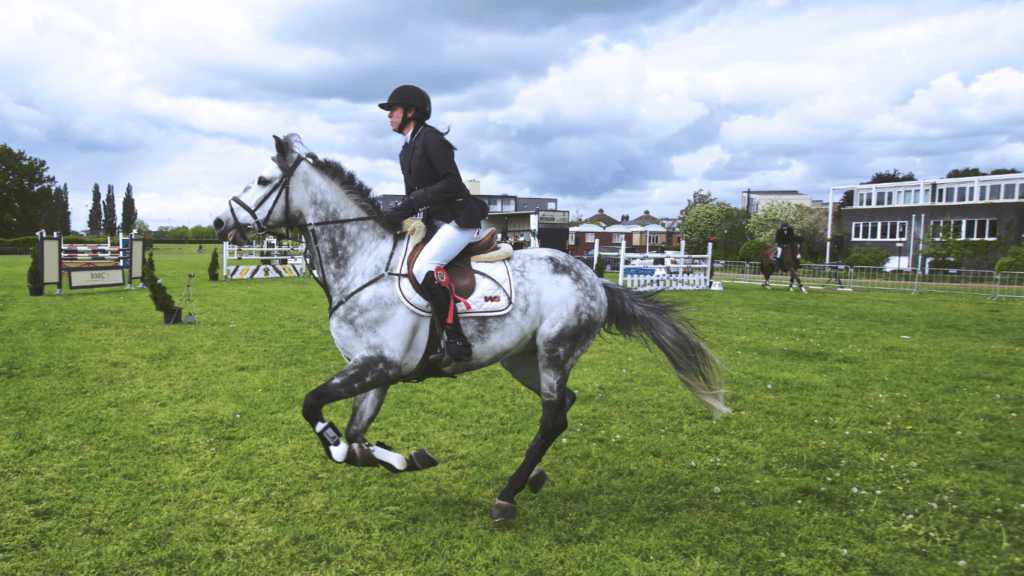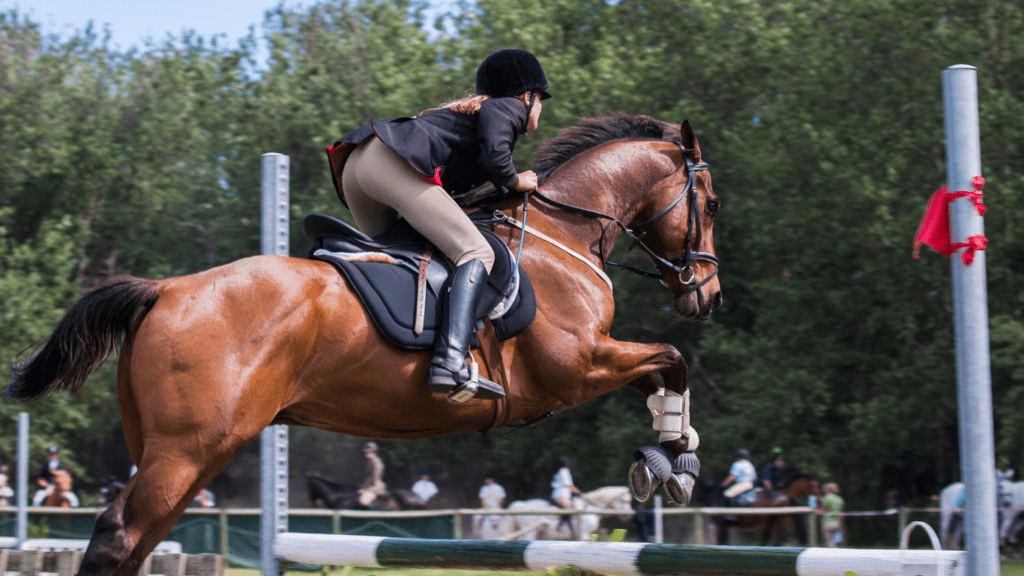As a seasoned horse racing enthusiast, I’ve always been fascinated by the pivotal role jockeys play in the outcomes of races. Jockeys are not just passengers on the backs of these majestic animals; they are skilled athletes whose decisions and actions can make all the difference between victory and defeat. In this article, we’ll delve into the intricate world of horse racing and explore how jockeys influence the results through their expertise and strategic maneuvers.
From navigating tight turns to timing their moves with precision, jockeys must possess a unique blend of physical prowess and tactical acumen to guide their mounts to success. Understanding the nuances of how jockeys communicate with their horses and adapt to ever-changing race conditions can provide valuable insights into the dynamics of horse racing outcomes. Join me as we uncover the secrets behind the symbiotic relationship between jockeys and horses on the racetrack.
Exploring the Importance of Jockeys in Horse Racing
In horse racing, jockeys play a crucial role in determining the outcomes of races. As a jockey, I understand the immense significance of our presence on the racetrack. Our expertise, strategic maneuvers, and connection with the horses are instrumental in achieving success in each race we compete in. The physical and tactical skills that jockeys possess are vital in guiding the horses towards victory. Every decision and action we take during a race can ultimately lead to either triumph or defeat.
The relationship between jockeys and horses is a complex and symbiotic one. It involves effective communication, trust, and understanding between the two parties. As a jockey, I rely on my experience and knowledge to interpret the signals and cues given by the horse, enabling us to work together seamlessly towards a common goal – crossing the finish line first. The bond formed between a jockey and their mount is built on respect, cooperation, and shared determination to achieve success in the highly competitive world of horse racing.
Understanding the importance of jockeys in horse racing goes beyond just riding a horse fast. It encompasses a deep understanding of the sport, the ability to make split-second decisions under pressure, and the dedication to continuous improvement and learning. As a jockey, I take pride in the role I play in each race, knowing that my skills and actions directly impact the outcome of the competition. My connection with the horse, honed through years of experience and training, allows us to perform at our best and strive for victory in every race we enter.
Factors Influencing Horse Racing Outcomes
As an experienced writer in the equestrian world, I know that several key factors influence horse racing outcomes heavily. Let’s explore these factors in detail to better understand the dynamics of this thrilling sport.
Jockeys’ Riding Skills and Strategies
Having spent years analyzing horse races, I’ve observed that a jockey’s riding skills and strategies are paramount in determining the outcome of a race. The way a jockey handles a horse, navigates the track, and positions themselves in the race can significantly impact the final result. From pacing the race to making split-second decisions, jockeys must showcase exceptional riding abilities and tactical acumen to lead their mounts to victory.
Jockeys’ Understanding of Horses
In my extensive research on horse racing, I’ve learned that a jockey’s deep understanding of horses is crucial for success on the track. Jockeys who can decipher their horse’s behavior, temperament, and capabilities have a distinct advantage in races. By forging a strong bond with their equine partners, jockeys can anticipate their actions, motivate them during the race, and adapt their riding style to optimize performance. This mutual understanding between jockeys and horses often proves to be the differentiating factor in competitive races.
Impact of Jockeys’ Decisions During Races
Based on my comprehensive analysis of horse racing data, I can confidently state that the decisions made by jockeys during races have a direct impact on the final outcome. Whether it’s choosing the optimal racing line, assessing the competition, or deciding when to make a move, jockeys must demonstrate astute decision-making skills throughout the race. A single strategic error or a well-timed maneuver can tilt the balance in favor of one horse over another, underscoring the critical role jockeys play in shaping the outcome of horse races.
Jockeys’ Influence on Race Results
Expanding on the pivotal role of jockeys in horse racing outcomes, I’ll delve into the significant impact these skilled professionals have on the results of races. Jockeys’ abilities extend beyond just riding; their influence shapes the dynamics of each race and directly affects the final standings.
- Strategic Maneuvers and Decisions
Jockeys’ expertise lies not only in their riding skills but also in the strategic decisions they make during races. By analyzing the pace of the race, positioning their horses strategically, and determining the optimal time to make a move, jockeys can shift the outcome in their favor. These calculated decisions are crucial in determining the race’s result. - Tactical Acumen and Adaptability
The adaptability of jockeys during races is a defining factor in their influence on the results. They must adjust their strategies in real-time, responding to other riders’ moves, unexpected circumstances, and the behavior of their horses. This quick thinking and tactical acumen are key to seizing opportunities and overcoming challenges during a race. - Communication and Understanding with Horses
Effective communication and a deep understanding of horses are essential for jockeys to optimize race outcomes. By establishing a connection with their mounts, jockeys can anticipate their reactions, gauge their energy levels, and make split-second decisions that can be the difference between victory and defeat. This bond between jockey and horse is a fundamental aspect of their influence on race results.
The role of jockeys in determining horse racing outcomes cannot be understated. Their blend of riding skills, strategic prowess, and understanding of horses creates a powerful influence on the dynamics of each race, ultimately shaping the final results.
Ways to Enhance Jockeys’ Performance in Horse Racing
To optimize jockeys’ performance in horse racing, I follow several key strategies that can make a substantial difference in race outcomes.
Physical Fitness:
Maintaining peak physical condition is crucial for jockeys. I prioritize regular workouts and a balanced diet to ensure I’m in top form for races.
Continuous Training:
I believe in the significance of ongoing training to hone riding skills and stay abreast of the latest racing techniques. Each practice session is an opportunity for improvement.
Understanding of Horses:
Developing a deep understanding of horses’ behavior and preferences is essential. By bonding with the horses I ride, I can anticipate their movements and respond effectively during races.
Tactical Decision-Making:
Quick and calculated decision-making is a key aspect of successful jockey performance. I analyze race conditions, competitors, and track surfaces to make strategic choices during races.
Effective Communication:
Clear communication with horses is critical. I use subtle cues and verbal commands to guide and motivate the horse, enhancing our performance as a team.
Adaptability:
Being adaptable during races is vital. I adjust my strategies in real-time based on unforeseen circumstances, ensuring flexibility and readiness to handle any situation on the track.
By focusing on these aspects of performance enhancement, I can elevate my abilities as a jockey and positively impact race outcomes..


